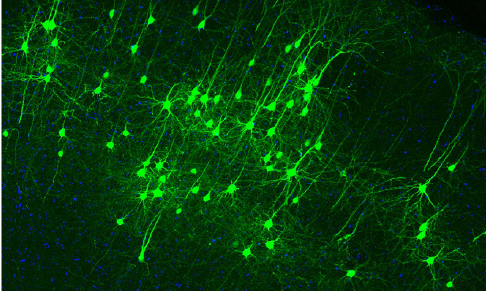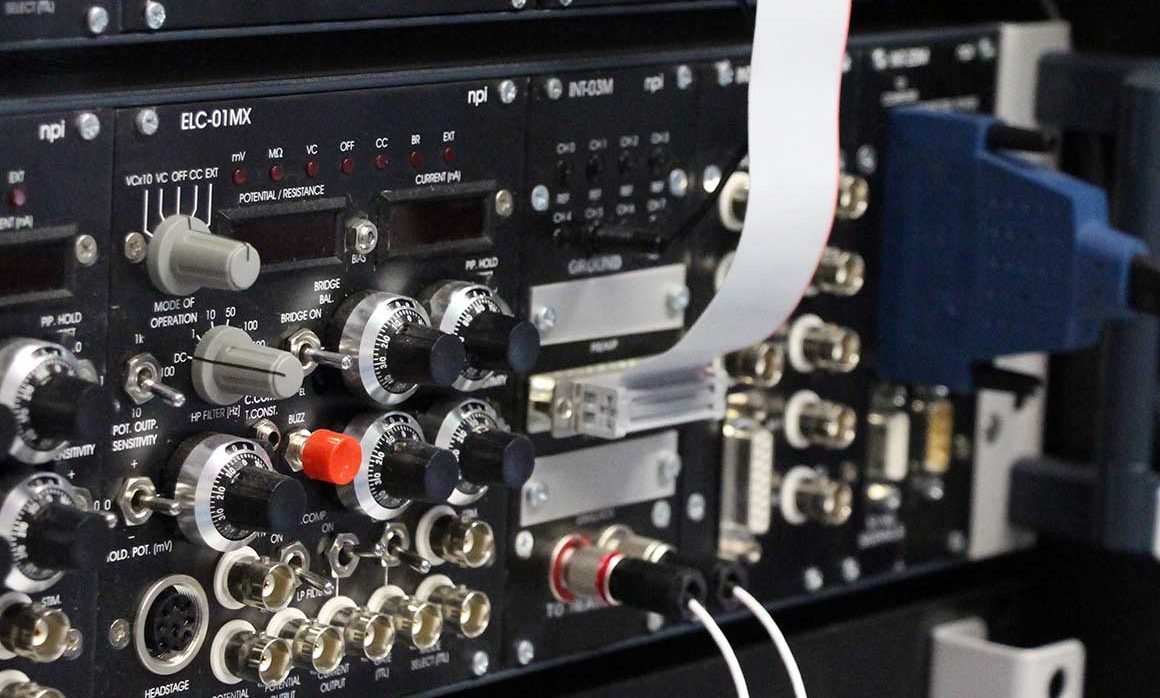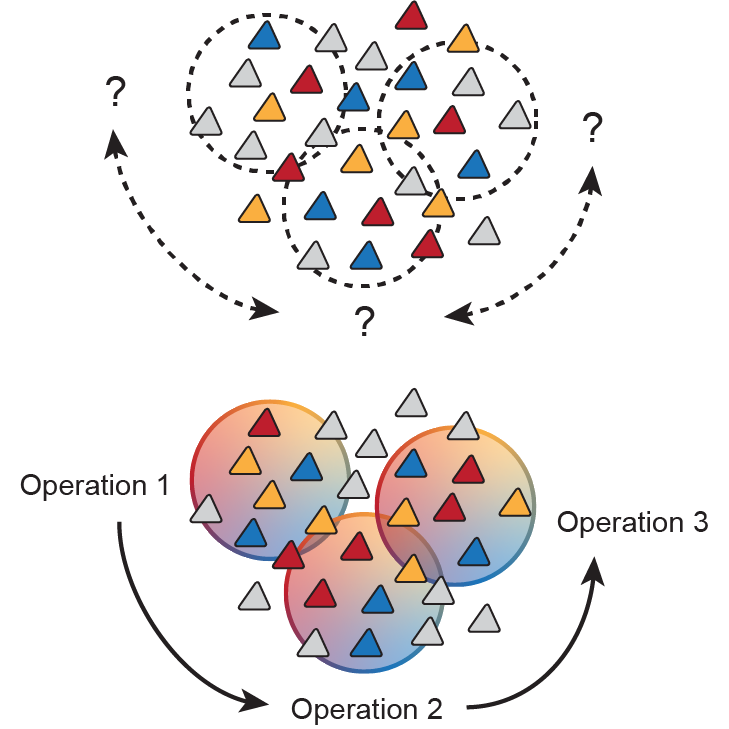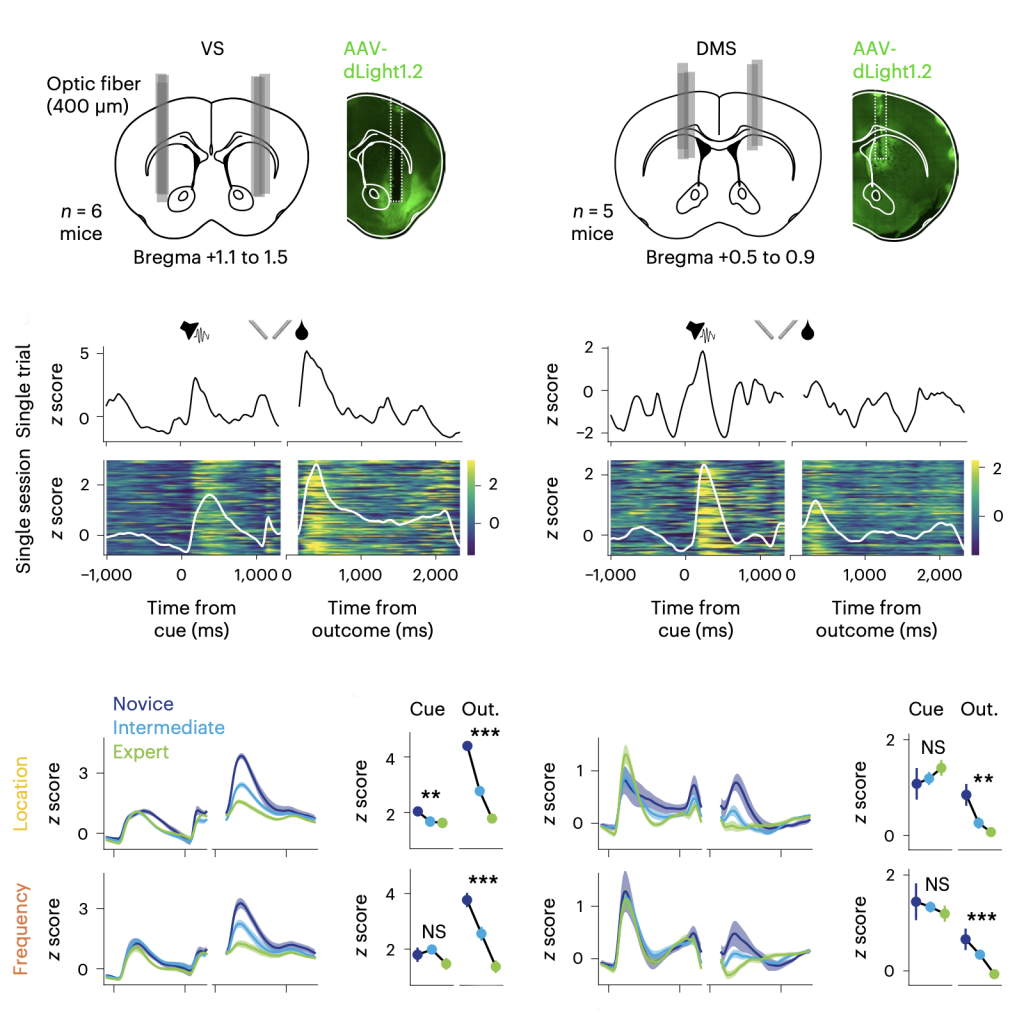Research and ongoing projects
In the Jacob lab, we study complex cognitive functions at the level of individual neurons and their networks. Intelligent, goal-directed behavior is produced by the interaction of populations of neurons in the cognitive brain centers such as the prefrontal cortex, the parietal cortex and the basal ganglia. We are particularly interested in how we learn and memorize behaviorally relevant information on multiple time scales, how this information is transformed into purposeful actions, and how neuromodulators such as dopamine regulate the underlying circuits.
We investigate cognitive mechanisms in animal models and in humans. To study specific brain functions, we design and train controlled behavioral tasks. We then combine multiple state-of-the-art techniques in mice, including large-scale extracellular recordings, optogenetic manipulation of defined cell types and networks, fluorescent imaging and computational analysis and modelling. In a unique interdisciplinary approach, we develop and use technologies for recording from populations of individual neurons in human neurosurgical patients. This translational line of research allows us to work towards a deep understanding of the principles of high-level cognitive functioning. Cognitive functions are impaired in many neurological and psychiatric disorders. Little is known about the neuronal mechanisms. Our long-term goal is to contribute to a better understanding of the cellular basis of mental health and disease.
Team
Meet the people who do the work. They can be reached at firstname.lastname@tum.de

Simon Jacob
Principal Investigator
Simon studied medicine in Freiburg and Heidelberg, at University College London and Harvard. He completed his dissertation on neuronal calcium signaling at Yale as a fellow of the German National Academic Foundation. Simon was a postdoc at the Center for Integrative Neuroscience in Tübingen working with Andreas Nieder on the mechanisms of executive brain functions. He is a board-certified neurologist and a professor for Translational Neurotechnology at TUM.

Laura Schiffl
Postdoctoral researcher
Laura studied linguistics (BA) and clinical linguistics (MA) in Frankfurt and Marburg and proceeded to work as a speech and language pathologist before joining a research training group at the University of Mainz for her PhD. Laura is interested in the interface of language, cognition and neurobiology – especially in the reorganization of the language system through language therapy following brain damage. In her free time she enjoys the outdoors.

Victoria Hohendorf
Postdoctoral researcher
Vicky studied biomedical sciences with a focus on neuroscience at the University of Edinburgh, Scotland, and Karolinska Institutet, Stockholm, Sweden. She is interested in the relationship between behaviour, neuronal function and 3D brain structure in working memory tasks. In her free time she likes to travel in person as well as through reading books.
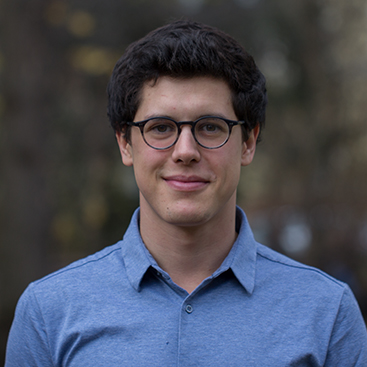
Viktor Eisenkolb
Postdoctoral researcher
Neurosurgery resident
Viktor is a clinical resident (MD) at the Department of Neurosurgery at TUM University Hospital. He is working on methods that allow us to transfer findings obtained in awake behaving animals performing cognitive tasks directly to the human system. In his free time, he is part of a local swimming squad.
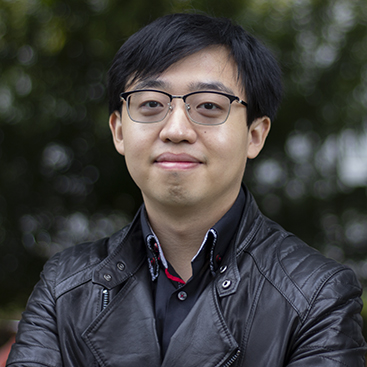
Xuanyu Wang
Graduate student
Xuanyu studied psychology and cognitive science at Peking University, Beijing, China, after a two year liberal arts program at Yuanpei College. He joined the lab during his first master year at the Graduate School of Systemic Neuroscience in Munich. He is interested in the temporal structure of neuronal activity underlying cognitive functions and processing of temporal duration.
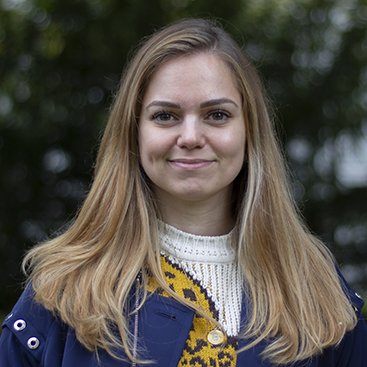
Beatrice Righetti
Graduate student
Beatrice obtained a Bachelor’s degree in psychology at the University of Trento, Italy, and a Master’s degree in neuroscience at the University of Geneva, Switzerland. She joined the lab after a research stint at Harvard Medical School. Beatrice is interested in ecologically relevant behaviors and how they are controlled by neuronal networks and neuromodulators. Beatrice is also an insatiable reader and travel lover.

Alexander Utzschmid
Medical doctoral student
Alex is a medical student at TUM University Hospital and holds a scholarship from the German National Academic Foundation. His interests are in medical neurotechnology and innovative methods for the treatment of disorders of cognition and mental health. In his free time, he fences on a regular basis and serves as a math tutor.

Lisa Held
Graduate student
Lisa obtained a Bachelor’s degree in psychology at Maastricht University in the Netherlands, with a research minor at Autonomous University and Complutense University in Madrid, Spain. While acquiring her Master’s degree in neuroengineering at TUM, she joined the lab to analyse microelectrode recordings from human neurosurgical patients. In her PhD, Lisa is now exploring and advancing invasive neurotechnologies for disorders of language.
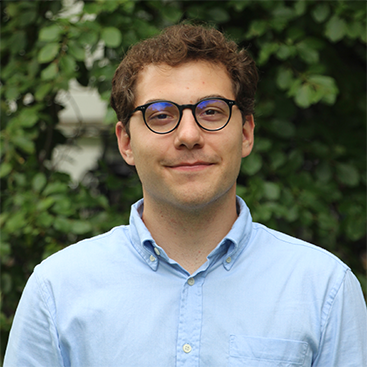
Paolo Favero
Graduate student
Paolo obtained a Bachelor’s degree in psychology at the University of Padova in Italy. He continued his education with Master’s degrees in artificial intelligence and in neuropsychology at Utrecht University in the Netherlands, where he conducted his master thesis on brain-computer interfaces. In his PhD, he is studying the language system with large-scale human intracortical recordings. In his free time, Paolo enjoys travelling and exploring new cultures.
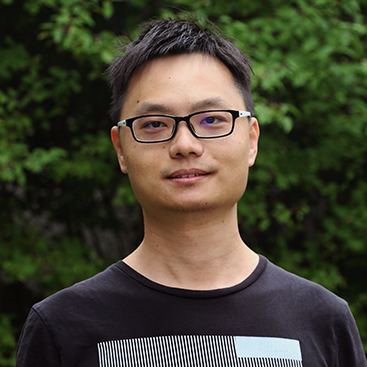
Hongbiao Chen
Graduate student
Hongbiao studied computer science at Northeastern University in China and neural information processing at Tübingen University in Germany. He completed his Master’s thesis at the Max Planck Institute for Biological Cybernetics in Tübingen. Hongbiao is interested in the neuronal mechanisms and computational principles of prefrontal cognitive flexibility. He is a certified cat person and has a liking for the philosophy of Self and AI.
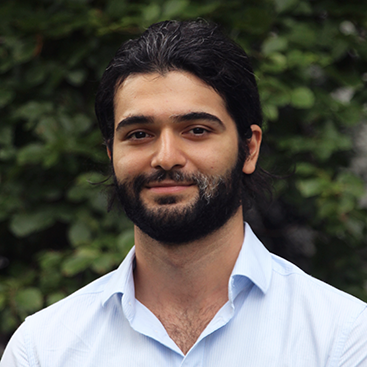
Göktuğ Alkan
Graduate student
Göktuğ holds Bachelor’s and Master’s degrees in electrical engineering and information technology from ETH Zurich. In his Master’s thesis in the laboratory of Grégoire Courtine at EPFL, he investigated the neural mechanisms of internal capsule stroke recovery in non-human primates. Before joing the lab, Göktuğ spent one semester at the African Institute for Mathematical Sciences (AIMS) in Cameroon as a teaching and research assistant and co-lectured courses in machine learning.
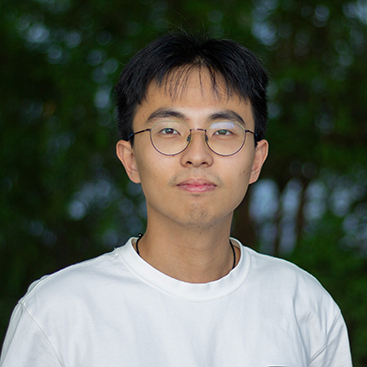
Yuyang Huang
Graduate student
Yuyang studied theoretical physics for his Bachelor’s degree at Lanzhou University, China, and nonlinear dynamics and complex systems for his Master’s degree at TUM. Supervised jointly by Laura Busse (LMU) during his PhD, Yuyang is exploring the dynamics of neuronal representations ranging from early sensory to high-level cognitive functions. Outside of the lab, Yuyang enjoys games and snow sports.

David Haase
Medical doctoral student
David is a medical student at TUM University Hospital. He is enthusiastic about clinical specialties that deal with the nervous system and how they impact the lives of patients with cognitive disorders. In his doctoral thesis, David is using optogenetic brain stimulation to both interrogate and modify neuronal circuits. In his free time, David enjoys dancing, traveling, and being outdoors.

Xuanbing Shan
Master student
Xuanbing holds Bachelor’s and Master’s degrees in Linguistics from Nankai University, China, and LMU. She is currently pursuing a second Master’s degree in Neuro-Cognitive Psychology and is writing her thesis in the lab. Her research interests focus on the neuronal mechanisms underlying working memory and language disorders. Outside of academics, Xuanbing enjoys dancing, traveling, and reading.
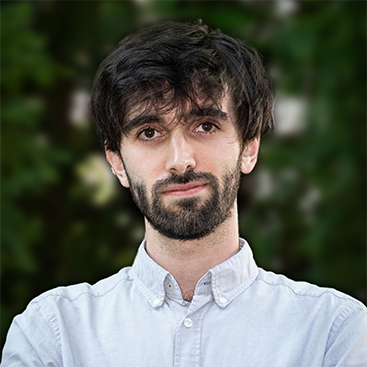
Sàlem Ayasreh Fierro
Master student
Sàlem studied physics at the University of Barcelona, Spain, before shifting his focus to neuroscience. He joined the lab as a master student. His scientific interests center on electrophysiological methods to investigate communication. Outside of the lab, Sàlem is passionate about world history and ensures the team is always well-supplied with cookies.
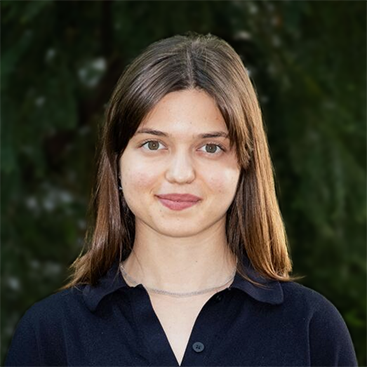
Roxana Maximeasa
Medical doctoral student
Roxana is a medical student at TUM University Hospital. She is interested in using neurotechnology to delve deeper into the modular organisation of cortical connectivity. As a core team member of various student organisations, she also pursues her passion for neurosurgery and academic communication. In her free time, she enjoys dancing, travelling and drinking good coffee with friends.
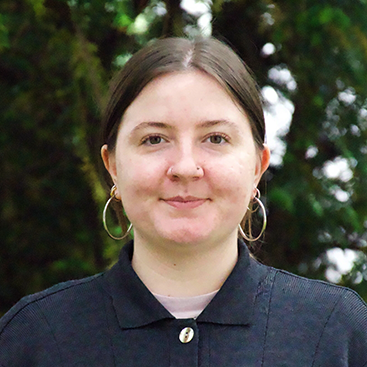
Paulina Bauer
Master student
Paulina studied Biology at LMU and is currently pursuing her Master’s degree at TUM. In her thesis, she is investigating the effects of environmental enrichment on higher cognitive functions. With her work, she aims not only to contribute to scientific research but also to promote animal welfare in the life sciences. Beyond science, Paulina is all about making and enjoying all things creative.

Liisbeth Pirn
Graduate student (coming soon)

Lichuan Jiang
Graduate student (coming soon)
Papers
A few things we’ve worked out already.
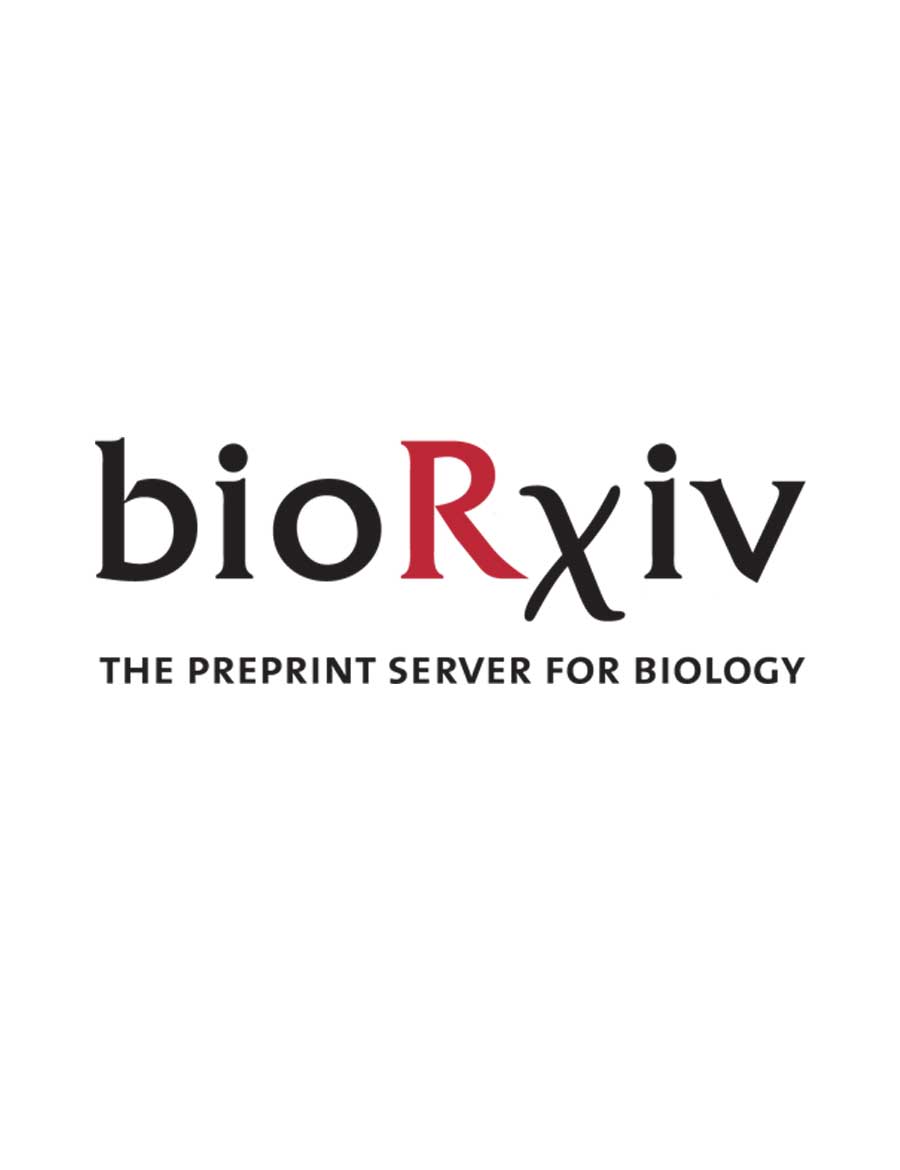
Parcellation of the primate prefrontal cortex by cognitive control operations
Wang X, Hähnke D, Nieder A, Jacob SN
bioRxiv (2024) doi: 10.1101/2024.08.05.606700 Read more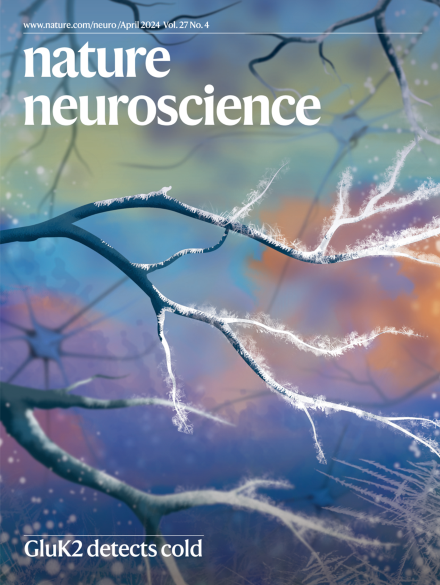
Striatal dopamine signals reflect perceived cue–action–outcome associations in mice
Bernklau TW, Righetti B, Mehrke LS, Jacob SN
Nat Neurosci (2024) 27, 747–757 Read more
The neuronal implementation of representational geometry in primate prefrontal cortex
Lin XX, Nieder A, Jacob SN
Sci Adv (2023) 9, eadh8685 Read more
Human acute microelectrode array recordings with broad cortical access, single-unit resolution and parallel behavioral monitoring
Eisenkolb VM, Held LM, Utzschmid A, Lin XX, Krieg SM, Meyer B, Gempt J, Jacob SN
Cell Rep (2023) 42, 112467 Read more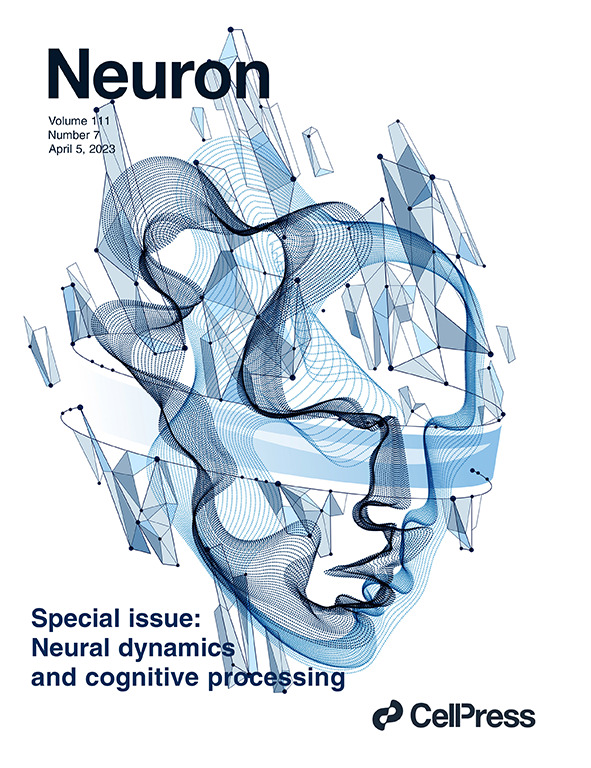
Resolving the prefrontal mechanisms of adaptive cognitive behaviors: A cross-species perspective
Hanganu-Opatz IL, Klausberger T, Sigurdsson T, Nieder A, Jacob SN, Bartos M, Sauer JF, Durstewitz D, Leibold C, Diester I
Neuron (2023) 111, 1020-1036 Read more
Reengineering neurotechnology: placing patients first
Ploner M, Buyx A, Gempt J, Gjorgjieva J, Müller R, Priller J, Rückert D, Wolfrum B, Jacob SN
Nat Mental Health (2023), doi: 10.1038/s44220-022-00011-x Read more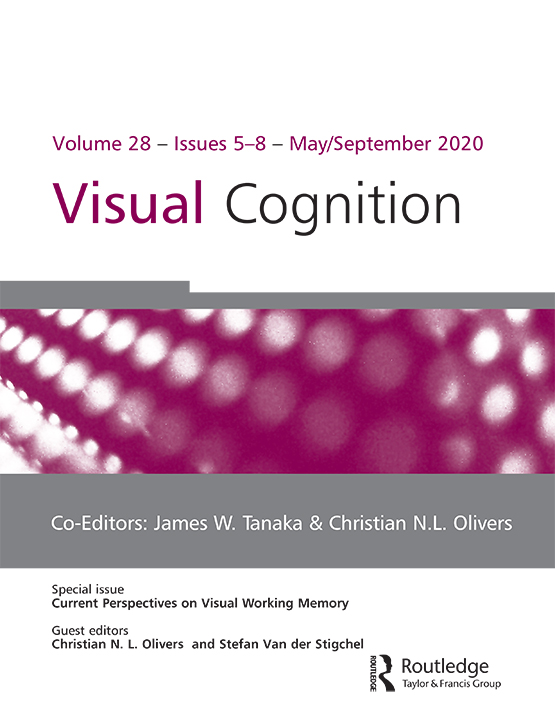
How visual working memory handles distraction: cognitive mechanisms and electrophysiological correlates
Liesefeld HR, Liesefeld AM, Sauseng P, Jacob SN, Müller HJ
Vis Cogn (2020), doi: 10.1080/13506285.2020.1773594 Read more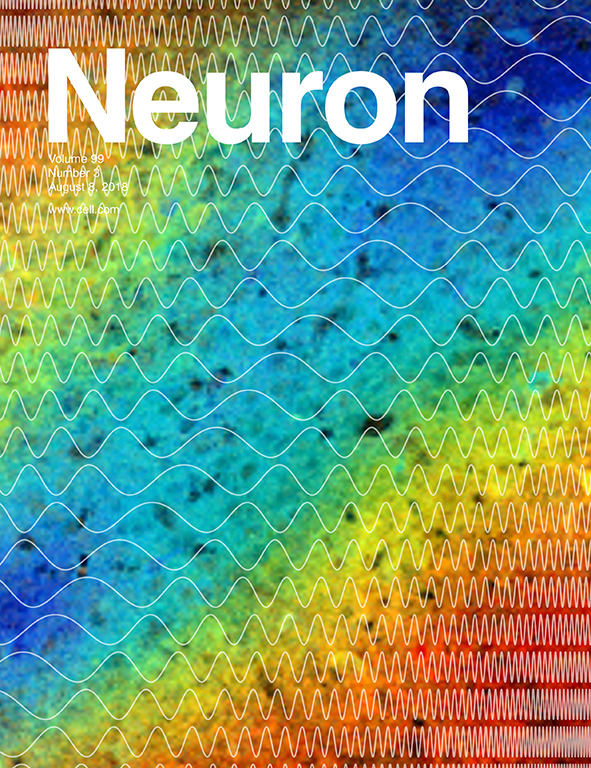
Structuring of Abstract Working Memory Content by Fronto-parietal Synchrony in Primate Cortex
Jacob SN, Hähnke D, Nieder A
Neuron (2018) 99: 588-597 Read more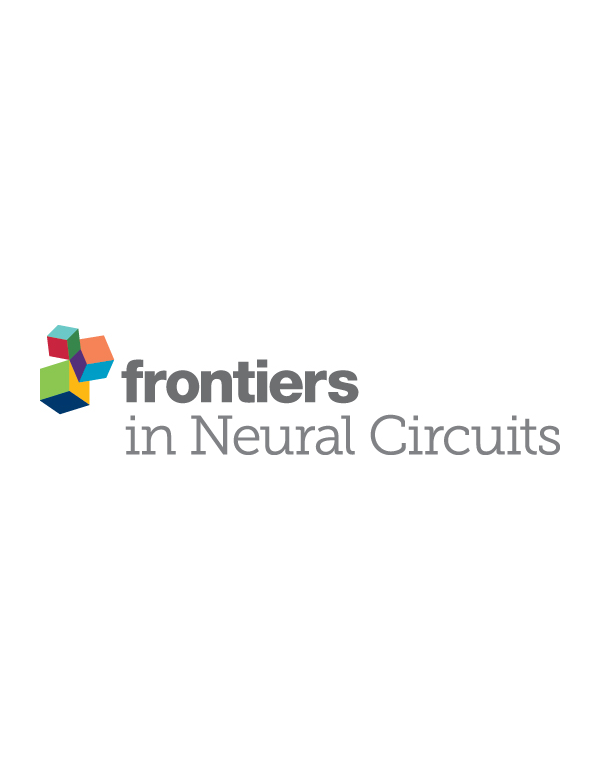
Monoaminergic neuromodulation of sensory processing
Jacob SN, Nienborg H
Front Neural Circuits (2018), doi: 10.3389/fncir.2018.00051 Read more
Cell-type-specific modulation of targets and distractors by dopamine D1 receptors in primate prefrontal cortex
Jacob SN, Stalter M, Nieder A
Nat Commun (2016), doi: 10.1038/ncomms13218 Read more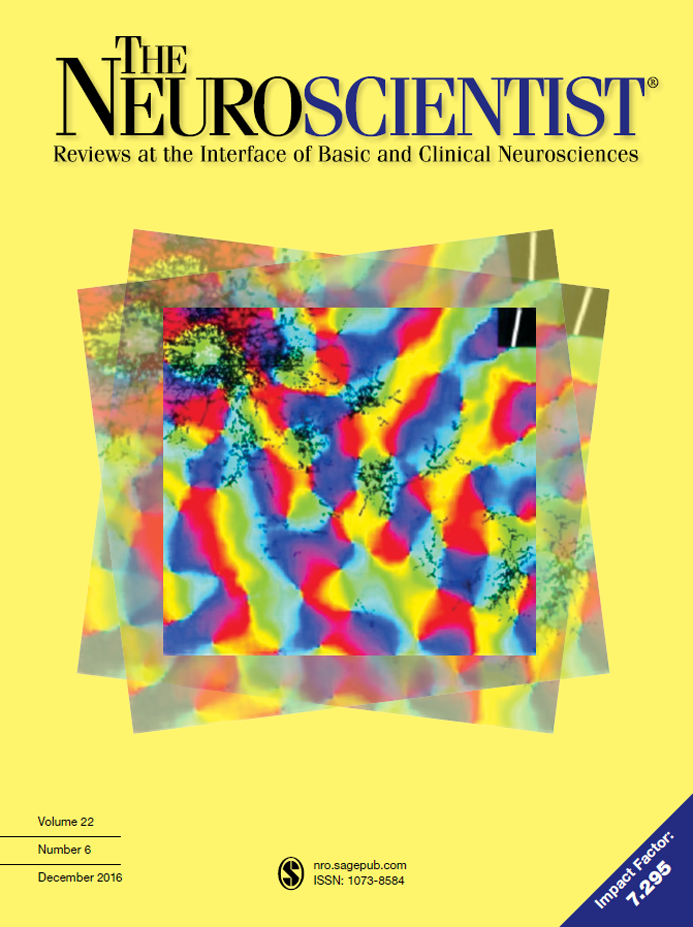
Doping the mind: Dopaminergic regulation of prefrontal cortical cognition
Ranganath A, Jacob SN
Neuroscientist (2016) 22: 593-603 Read more
Dopamine receptors differentially enhance rule coding in primate prefrontal cortex neurons
Ott T, Jacob SN, Nieder A
Neuron (2014) 84: 1317–1328 Read more
Ethograms indicate stable well-being during prolonged training phases in rhesus monkeys used in neurophysiological research
Hage SR, Ott T, Eiselt AK, Jacob SN, Nieder A
Lab Anim (2014) 48: 82–87 Read more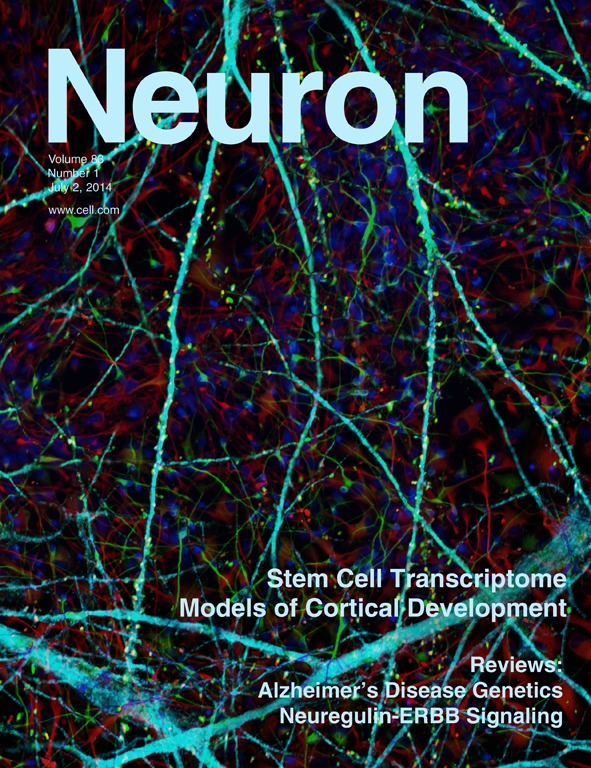
Complementary roles for primate frontal and parietal cortex in guarding working memory from distractor stimuli
Jacob SN, Nieder A
Neuron (2014) 83: 226–237 Read more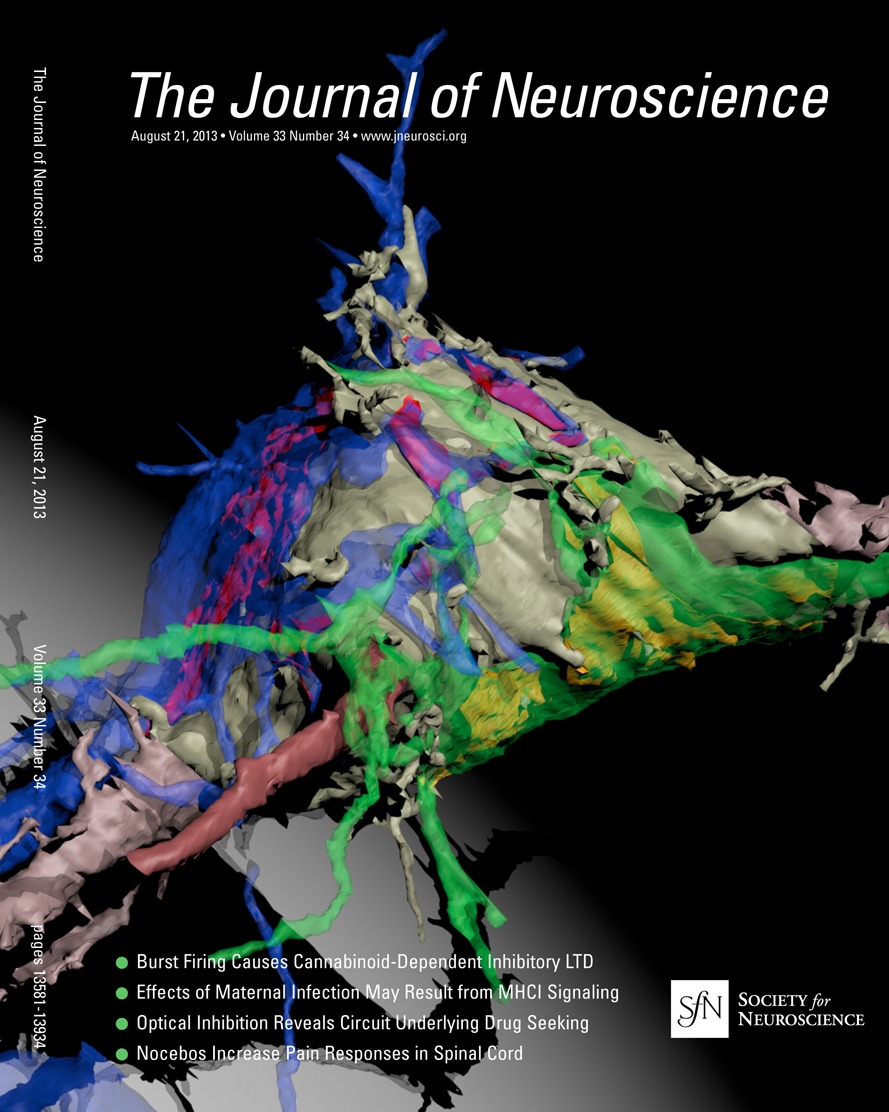
Dopamine regulates two classes of primate prefrontal neurons that represent sensory signals
Jacob SN, Ott T, Nieder A
J Neurosci (2013) 33: 13724–13734 Read more
Relating magnitudes: the brain’s code for proportions
Jacob SN, Vallentin D, Nieder A
Trends Cogn Sci (2012) 16: 157–166 Read more
Tuning to non‐symbolic proportions in the human frontoparietal cortex
Jacob SN, Nieder A
Eur J Neurosci (2009) 30: 1432–1442 Read more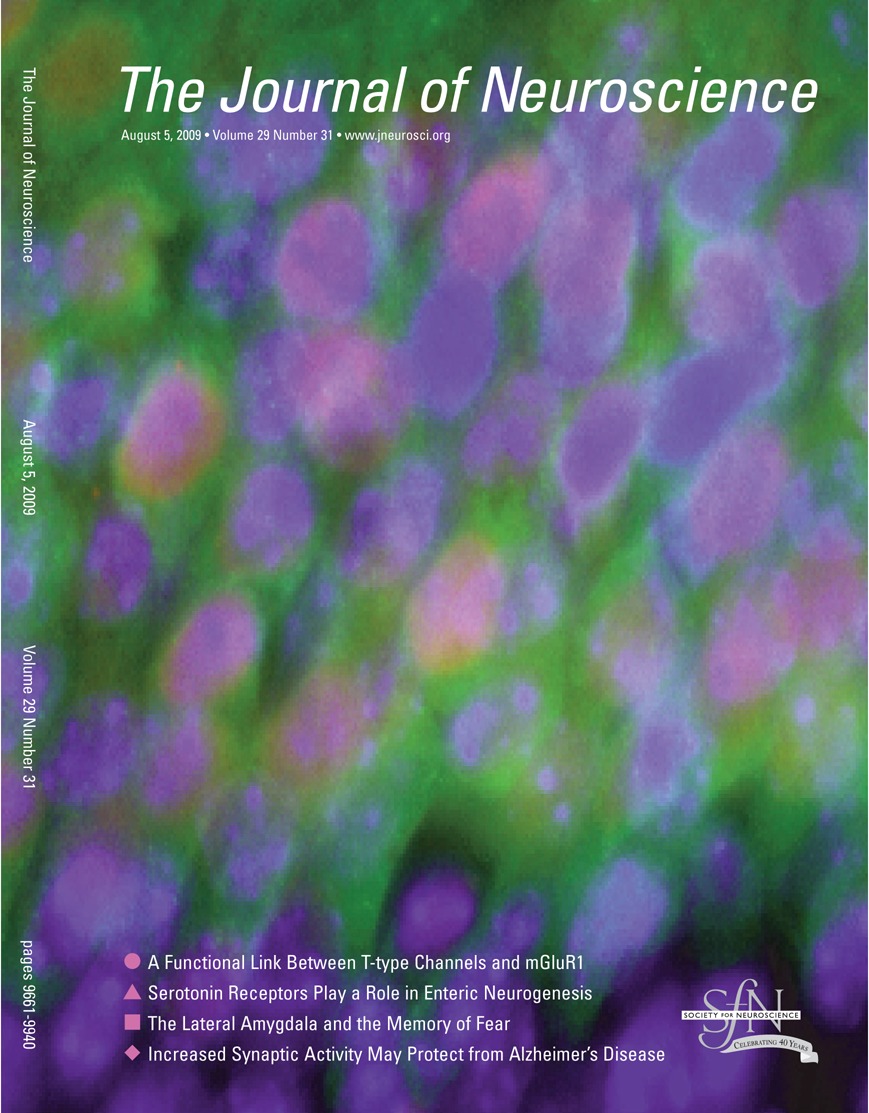
Notation-independent representation of fractions in the human parietal cortex
Jacob SN, Nieder A
J Neurosci (2009) 29: 4652–4657 Read more
The ABC of cardinal and ordinal number representations
Jacob SN, Nieder A
Trends Cogn Sci (2008) 12: 41–43 Read moreNews
Read about what’s happening in the lab.
ERC Consolidator Grant
We received one of Europe’s most prestigious research grants to fund our translational work on higher cognition and language! This is the lab’s second ERC grant already!
Read moreVicky graduated
Victoria graduated with a fantastic presentation about working memory in mouse and man! Congratulations, Dr Hohendorf!
Read moreFunding
We are grateful to the following funding sources for supporting our work.

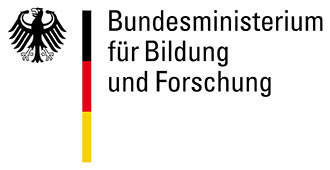

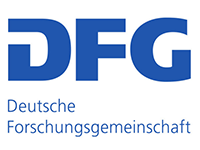
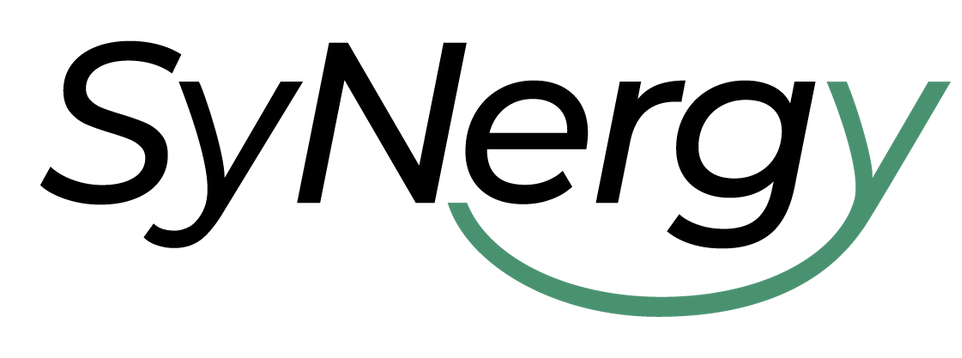

Teaching
We teach neuroscience and neuropsychiatric pathophysiology in various courses.
Principles of Neuroanatomy and Neurophysiology
TUM Elite Master Program in Neuroengineering (MSNE). Winter term.
Introduction to Higher-Order Cognitive Functioning
TUM Elite Master Program in Biomedical Neuroscience (BMNS). Summer term.
Cognitive Neuroscience
TUM Bachelor, Master and PhD programs in Neuroscience. Summer term.
Translational Approaches to Neuropsychiatric Disorders
TUM PhD Program Medical Life Sciences and Technology. Winter and summer term.
Alumni
People who came along for the ride.
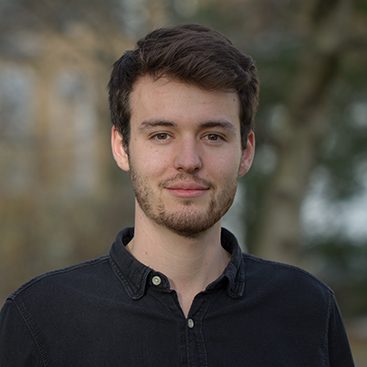
Tobias Bernklau
Graduate student
Now: Alexander Thamm Data Science
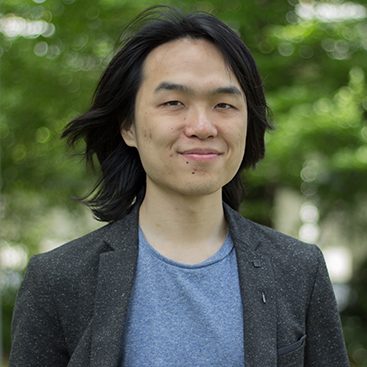
Xiaoxiong Lin
Graduate student
Now: Postdoctoral researcher
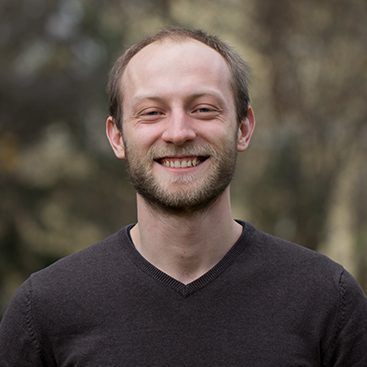
Daniel Hähnke
Graduate student
Now: TNG Technology Consulting
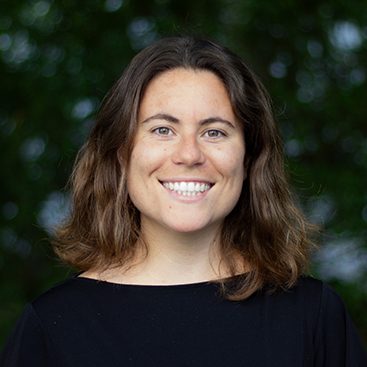
Anna Haller
Master student
Now: On to new adventures
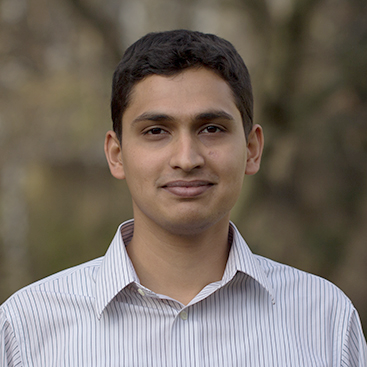
Ajit Ranganath
Graduate student
Now: Postdoctoral researcher
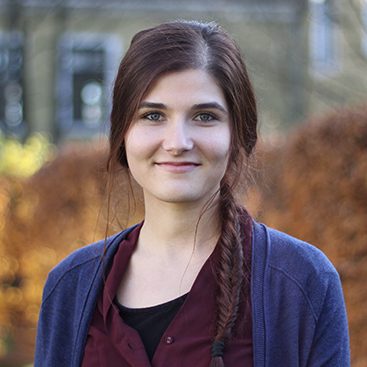
Leonie Mehrke
Graduate student
Now: Boehringer Ingelheim
Contact us
We’d love to hear from you!
Get in touch
Address
Ismaninger Str. 22, 81675 Munich, Germany
Phone
+49 89 4140-7636
